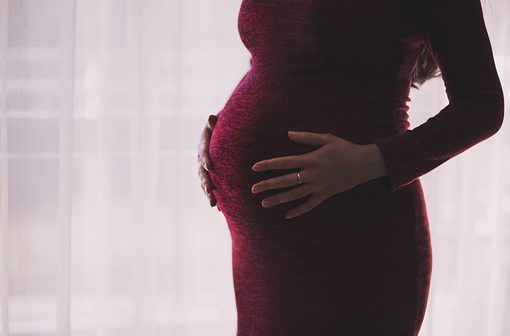Image Source: Pixabay
If you are an expectant parent, you understand the anxiety that comes with the waiting process. Trying to protect your unborn child can be more stressful than you imagine.
Having a slip-and-fall accident when pregnant is one of the scariest things that can happen. Such accidents put you and your unborn baby in danger. The risks of slip-and-fall accidents do not magically disappear when you are pregnant.
How Do You React If You Fall While Expecting?
A woman’s body undergoes significant changes during pregnancy. Your center of gravity and balance change as the pregnancy progresses. As your baby grows, your center of gravity shifts forward, making it easier to lose your balance and fall, especially in the third trimester.
You can have a hard time averting a fall if you come into a risk that throws off your equilibrium. Your muscles and the amniotic fluid in your womb shield your unborn child from most hits.
In some cases, however, falls injure both the mother and their unborn baby. If you suffer a fall, contact your OB/GYN as soon as possible. They will ensure you are okay.
Seeking Compensation After a Slip and Fall Accident
If you think someone else may be liable for your slip and fall accident. Speaking to an attorney like Wieand Law Firm LLC would be wise. They will help you pursue compensation. You may be compensated for the costs of your medical bills and other financial losses.
Your medical report will be the first proof of a slip and fall accident. Submit it to your lawyer to help with the compensation process. You need to discuss the matter with your doctor before moving forward. Get a detailed report of any injuries that could have resulted from the accident.
You and your attorney also need to gather evidence regarding the case. Security camera footage, witness accounts, incident reports, and photos could be great for establishing your case.
The Dangers of Slip and Fall Accidents When Pregnant
The most common causes of blunt trauma in pregnancy include falls and auto accidents, especially during the last trimester.
Pregnancy-related physiological changes, such as a changed center of gravity, can make pregnant women susceptible to slip-and-fall incidents. Factors that increase this risk include slippery floors, missing railings, and cluttered floors. Here are a few dangers of such accidents.
Placental Abruption
During pregnancy, the placenta serves as a temporary organ to join an infant to the uterus via the umbilical cord.
The mother’s pelvic bones continue to shield the developing uterus during the first trimester of pregnancy. In the latter stages of pregnancy, a fall might cause the placenta to start separating from the uterine wall. A placental abruption is a medical emergency that could endanger both the mother and the unborn child’s lives.
Preterm or Premature Labor
If you trip and fall later in your pregnancy, the impact of the fall may induce labor sooner than expected. The danger to your baby’s health increases with the timing of the early birth.
Get emergency medical attention if you experience the following symptoms:
- Bleeding
- Uterine contractions
- The baby doesn’t seem to be moving
- Pressure or pain in your pelvic area or abdomen
Maternal Injuries
In addition to neck, back, and hip injuries, slip-and-fall injuries can cause maternal injuries. Expectant mothers use their arms when trying to shield the baby in the event of a fall.
Therefore, they are likely to twist their hands or make awkward falls. They can suffer broken bones or torn ligaments. Failure to get medical attention on time risks the lives of both mother and baby.
The physiological changes that come with pregnancy make you vulnerable to slip-and-fall accidents. Pregnancy alters your center of gravity. You are likely to fall when walking on slippery or cluttered floors.
Unfortunately, any fall you sustain during pregnancy can harm you and your unborn baby. Get the help of your OB/GYN as soon as you can to make sure everything is fine. Your attorney could help you pursue compensation for your losses.




